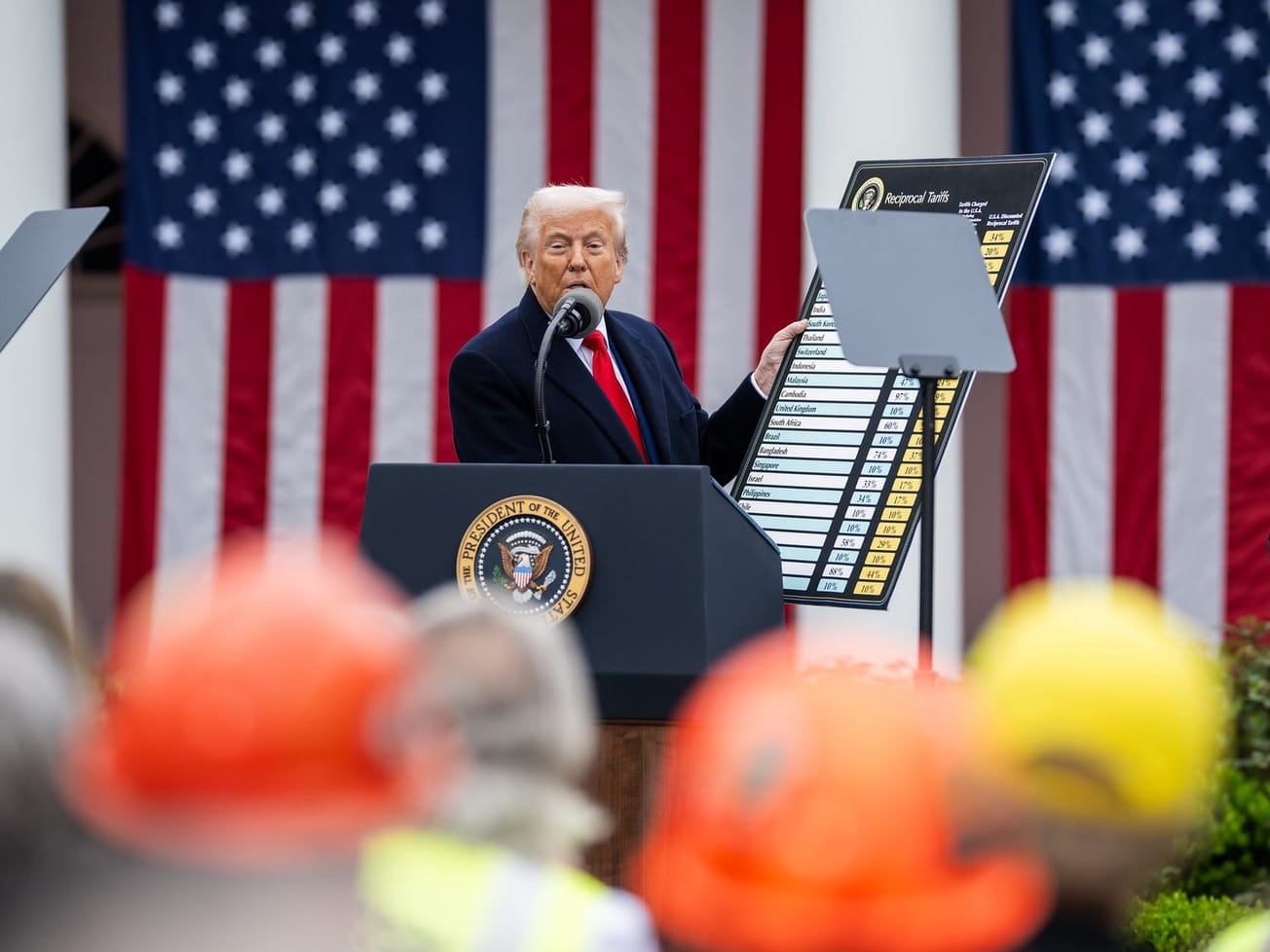GENEVA (AN) — The global economy slowed to a 2.3% growth rate last year, its lowest of the decade, due to rising trade tensions and slowing investment, the U.N. Conference on Trade and Development reported on Thursday.
UNCTAD's flagship report on expected trends in the global economy said that was the slowest rate of expansion since the global financial crisis of a decade ago. Only a modest acceleration in global growth of 2.5% is "possible" this year, it said, but that rate is forecast to rise to 2.7% in 2021.









